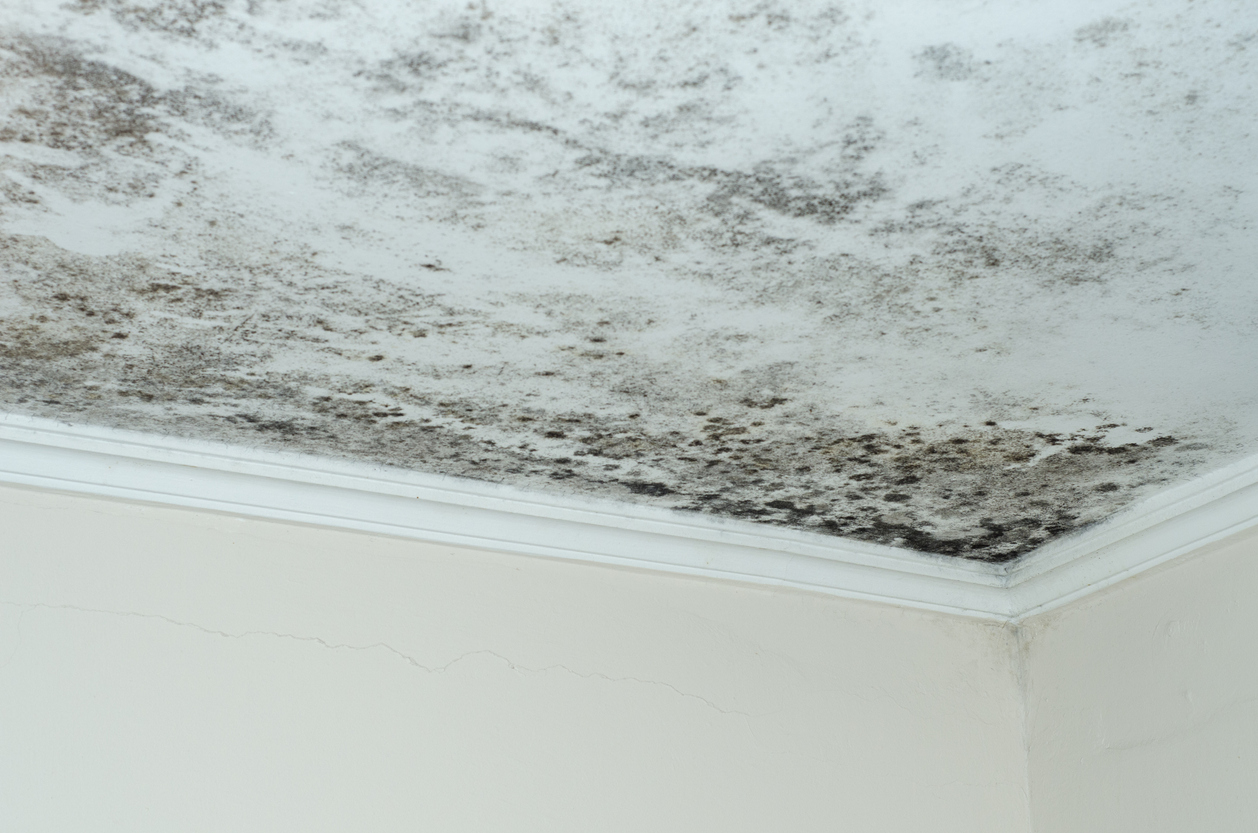Severe maladministration for Westminster City Council after leaving a new-born living in damp and mould
3 April 2023
The Ombudsman found severe maladministration for the landlord after it failed to tackle damp and mould in a resident’s home for over two years, despite knowing that there was a four month old living there when the problem was first reported.

We have found severe maladministration for Westminster City Council after it failed to deal with damp and mould in a resident’s home for over two years. At the start of the complaint, the household included a four month old baby with concerns being raised about the detrimental impact on its health.
When the landlord first visited the property, it noted that specialist ventilation would be arranged, there was damage to a number of walls and that ongoing leaks needed investigating.
While appointments were made for these issues to be resolved, they were not completed due to access issues.
Shortly after, following a Letter of Claim from the resident’s solicitors, the landlord carried out a survey to assess the extent of damp and mould. The report noted significant signs of rising damp and made a number of recommendations for the landlord.
At this point, it would have been reasonable to consider whether a decant would be appropriate as it is imperative residents are not left living with damp and mould for an extended period.
However, it was four months until a decant was offered, but even then, it would only be considered after another inspection was carried out. Eight months later the resident was told decanting was not an option as works could be carried out while the family lived there. No action was then taken for another five months until a new survey was conducted.
Over this time period, the landlord has evidence of several appointments being booked but none completed due to access issues. The resident says she never had an appointment booked.
There is evidence of the landlord emailing the resident to arrange appointments and emails from the landlord’s contractor advising that the resident had refused works.
Whilst the resident was understandably frustrated, there was an obligation on the resident to reasonably allow access for works to go ahead. The landlord could have also done more here to communicate with the resident and remind her of her obligations as part of the tenancy agreement.
At the end of our investigation, the landlord confirmed some of the issues were still outstanding and there were no dates in place to get them fixed meaning it was now over two years the resident had been living in the home with those issues.
We ordered the landlord to apologise and complete these works, and awarded the resident £2,300 in compensation. We also ordered the landlord to undertake a senior management review of the case, including lessons learned around decants, gaining access to properties and how it records vulnerabilities.
In its learning from this case, the landlord said it has better reporting of vulnerability in its Case Management System and reviewed all its training for staff and contractors around the issues raised in this report.
Richard Blakeway, Housing Ombudsman, said: “There were excessive delays in the landlord progressing the works to remedy the rising damp that cannot be fully justified by issues with access.
“The landlord failed to evidence that it had taken into account the individual circumstances of the resident either in respect of its handling of the repairs or in its decision to refuse to decant the resident and her son.
“The landlord also failed to recognise, given the age of the resident’s son, the risk of detrimental impact on his health and well-being.
“After the tragic case of Awaab Ishak, there is a need for landlords to ensure they know their residents and understand the individual circumstances in order to deal appropriately with any issues.
“I welcome the landlord’s response on its learning from this case and the changes being made to improve its service. I would encourage other landlords to consider the learning the case offers for their own services.”
We also found maladministration for how the landlord handled the complaint, due to excessive and unreasonable delays providing responses to the resident’s complaint at both stages of the complaints process, which the landlord also failed to either acknowledge or apologise for in those responses.
In all severe maladministration findings, we invite the landlord to provide a learning statement.
Westminster City Council learning statement
We accept the decision by the Housing Ombudsman Service regarding this case which dates back to January 2021.
This determination has been used to add more momentum to our drive for continuous improvement regarding complaint handling and is supported by our new complaints management structure.
We’ve learnt several lessons from this case and have initiated numerous pieces of work which will improve how we identify, record and tailor our service to support vulnerable housing residents. In particular we have:
- Reviewed and expanded our procedure for supporting residents, providing further clarity on the steps to when and how we identify vulnerability and how this should be recorded in our case management system.
- Captured several new requirements for development within our case management system so that we can improve the vulnerability information we hold. When our housing staff access a resident’s record they will immediately know if the resident has a vulnerability and will be able to deliver a more tailored response to vulnerability. In addition, we are creating additional fields to record greater levels of vulnerability information so that we can routinely create reports, analyse, and monitor our performance and continuously improve our service.
- Reviewed our vulnerability training provided to our staff and contractors. The training will be delivered regularly to all new and existing housing staff and contractors, equipping them with the skills, tools, and knowledge to give them a greater confidence to adopt a more holistic approach to identifying and supporting vulnerable residents.
